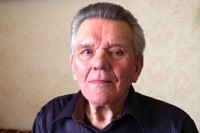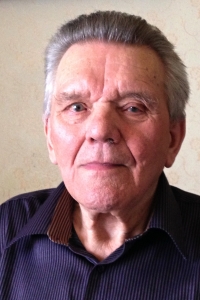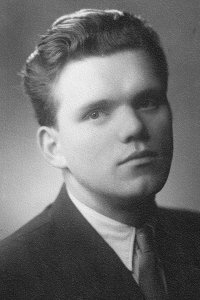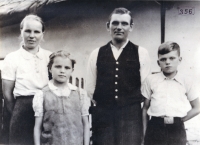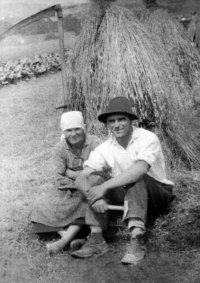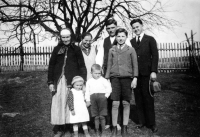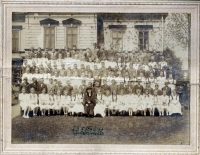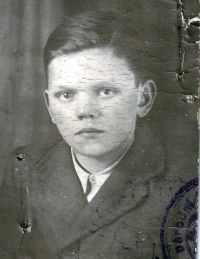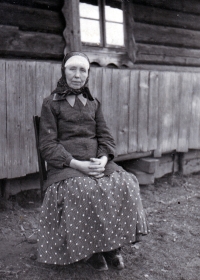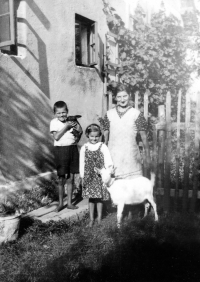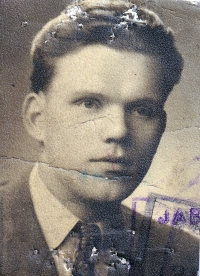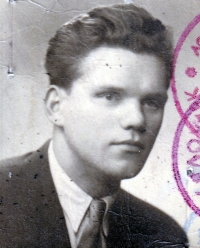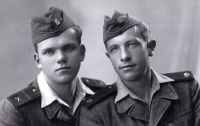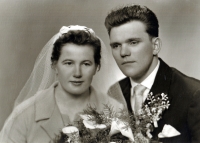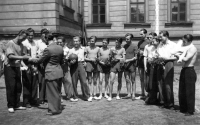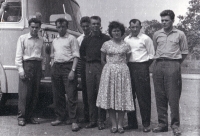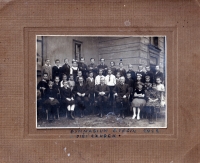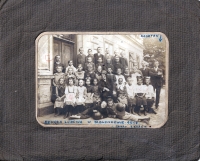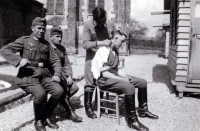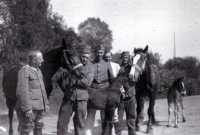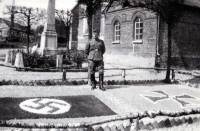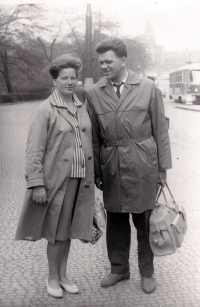It was tragic when the Communists took away our fields, horses and cows

Download image
Jak Klus was born on 14 October 1929 in Jablunkov to an evangelical family that claimed Polish nationality. The parents owned land in the settlement of Černé under the Beskydy mountain Kozubová. They farmed on six hectares of fields and raised horses and cows. He experienced the Polish occupation of Czechoslovak Těšínsko in 1938. Less than a year later, Těšínsko was taken over by Germany, and the witness became a citizen of Hitler’s Third Reich. His father and other relatives signed the German People’s List (Deutsche Volksliste) out of fear of persecution. While several relatives had to enlist in the Wehrmacht, his father dodged it because he collected wood from the forests for the needs of the German army. His uncle Adam Klus, who refused to renounce his Polish nationality, died in the Auschwitz concentration camp. At the end of the war, the Germans drafted the sixteen-year-old Jan Klus into the army, but he escaped conscription and hid for several weeks until liberation. After 1948, when the communist dictatorship commenced in Czechoslovakia, his parents faced pressure to join the Unified agricultural cooperative (JZD). His mother signed into the cooperative after his father’s death in 1958. After the war, Jan graduated from a mechanical engineering school and worked most of his life in the Třinec ironworks. In 2023, he lived in the Radvanov district of Jablunkov, where he got married in the early 1960s and started a family.
